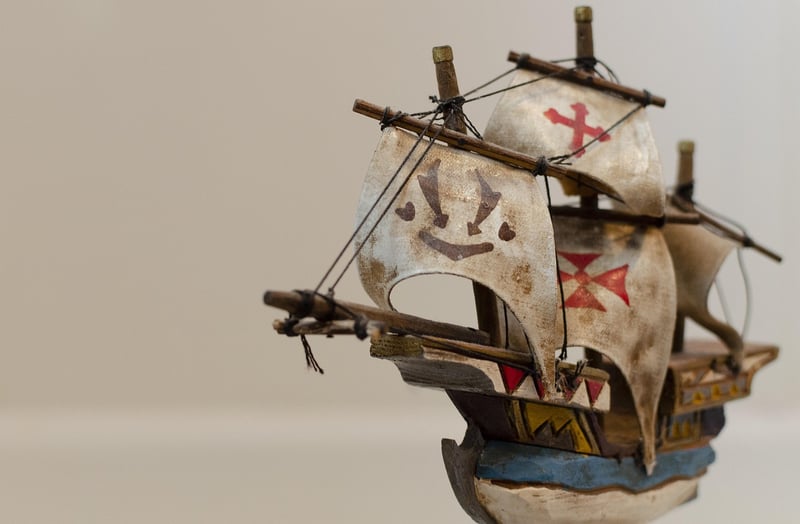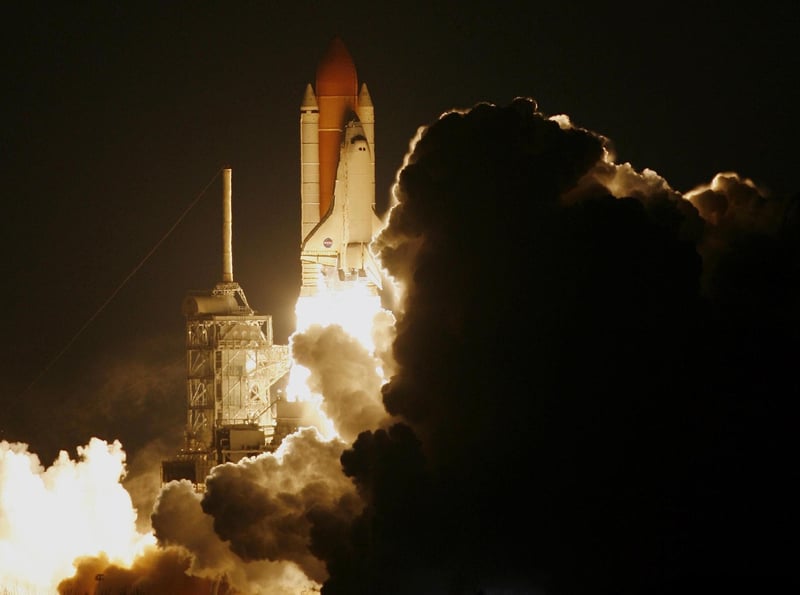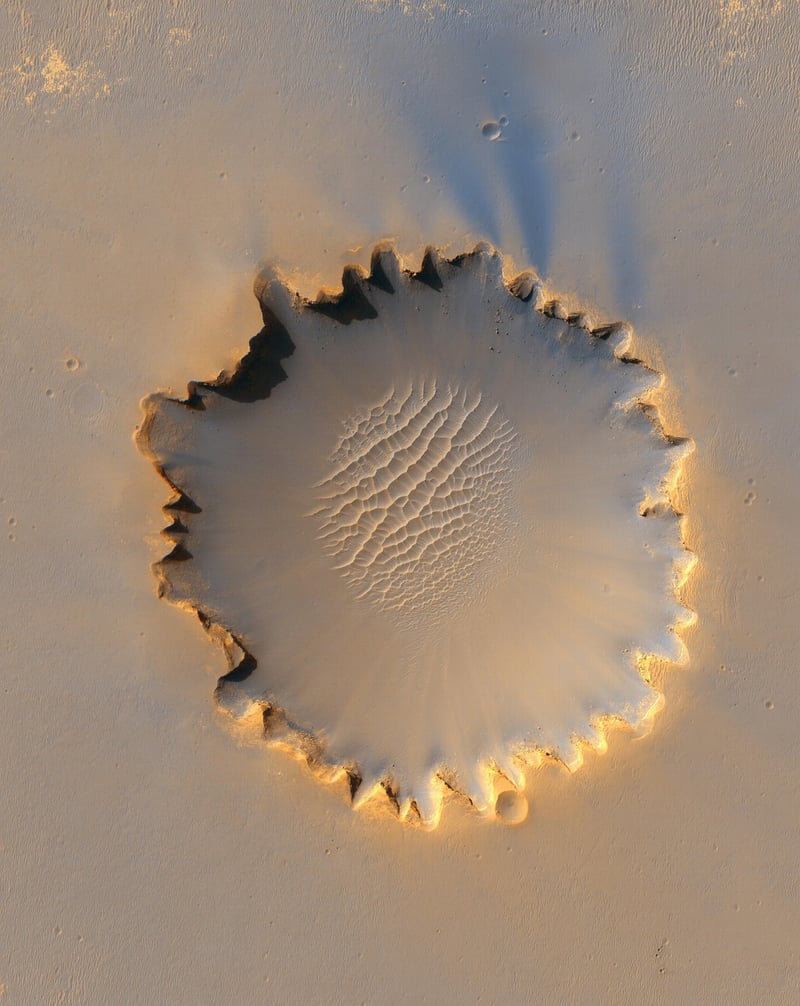Future Exploration
Exploring Different Eras and Future Exploration
Introduction
Exploring different eras allows us to connect with the past, learn from history, and understand how civilizations have evolved over time. Additionally, looking towards future exploration inspires us to push boundaries, innovate, and envision what lies ahead. Let's delve into the various eras of exploration and what the future holds for humankind.
Ancient Exploration
Ancient explorers like the Phoenicians, Greeks, and Romans ventured across seas, establishing trade routes and expanding their empires. Their discoveries laid the foundation for future explorations and cultural exchanges.

Age of Discovery
The Age of Discovery saw European explorers like Christopher Columbus, Vasco da Gama, and Ferdinand Magellan setting sail to chart unknown waters, leading to the discovery of new lands and the exchange of goods and ideas between continents.

Space Exploration
Space exploration marked a new era of discovery with humans landing on the moon, launching satellites, and sending probes to explore other planets. Organizations like NASA and SpaceX continue to push the boundaries of space exploration.

Future Exploration
The future of exploration holds exciting possibilities, including manned missions to Mars, deep-sea exploration, and advancements in artificial intelligence for scientific research. Technologies like 3D printing and virtual reality are revolutionizing how we explore and interact with our surroundings.

Conclusion
Exploring different eras provides us with a glimpse into our past, while future exploration ignites our curiosity and drives innovation. By learning from history and embracing new technologies, we can continue to explore the unknown, expand our knowledge, and shape the future of exploration for generations to come.
